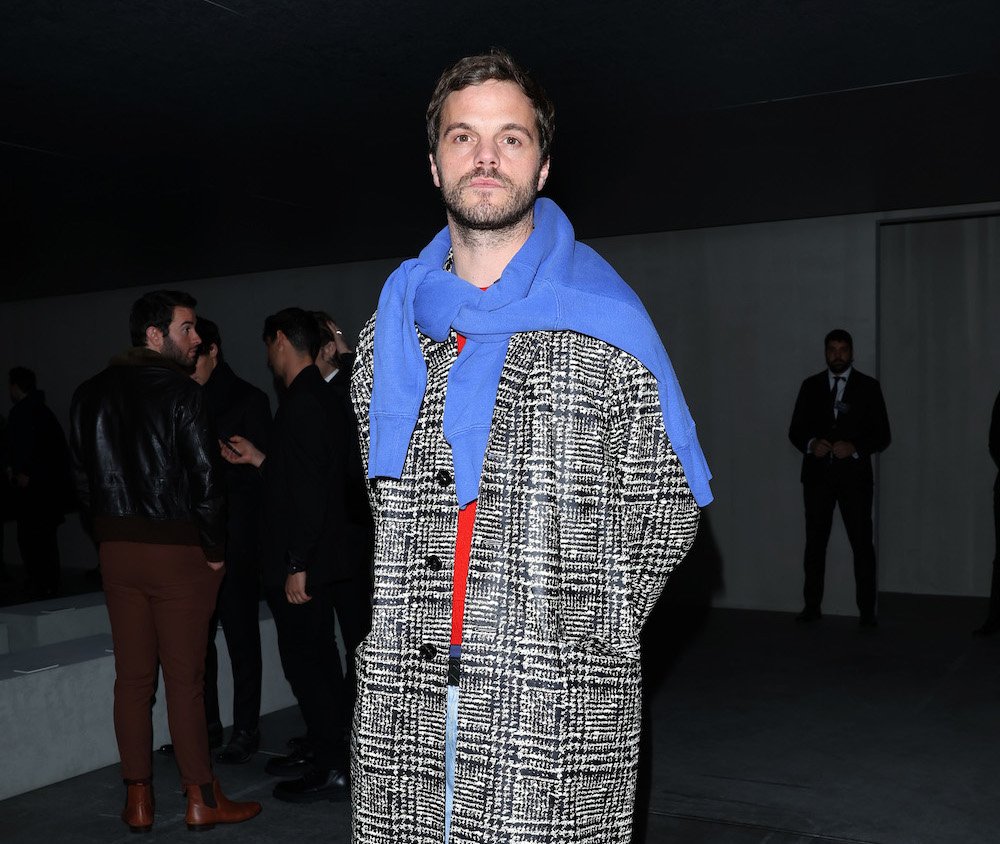In a move that marked a dramatic pivot from industry predictions,CHANELhas namedMatthieu Blazyas its new Artistic Director, marking a pivotal moment for the storied French house followingVirginie Viard's departure in June after a four-year tenure. The appointment ends months of fevered speculation where directors from all over the fashion landscape were considered for one of fashion's most coveted positions since the passing of the lateKarl Lagerfeld.
Blazy, who reinventedBottega Veneta's aesthetic lexicon afterDaniel Lee's departure three years ago, will assumeCHANEL's creative direction for all Haute Couture, Ready-to-Wear and Accessories collections in April,as reportedbyW Magazine. In a parallel move,Louise Trotter, formerly ofCarven, will step into his role atBottega Veneta, becoming Kering's sole female creative director. Blazy's inaugural collection forCHANELwon't grace the runway until October 2025, when he'll presentSpring-Summer 2026during Paris Fashion Week. Until then, the house's celebrated atelier will unveil forthcoming collections in the interim.
The choice of Blazy represents a calculated risk for a house whose legacy was shaped by Gabrielle "Coco" Chanel and transformed by Karl Lagerfeld during his 36-year reign that redefined the very vocabulary of luxury. Immediately following Lagerfeld's passing in 2019, Virginie Viard, his closest collaborator for over three decades, led the house with quiet determination until her departure this June.Bruno Pavlovsky,CHANEL's president for fashion, appears ready to embrace evolution,telling The New York Times, "We want him to push, to test, to go where he feels is right. We don't want to give the feeling that the brand is stuck."
Alain Wertheimer, Global Executive Chairman, andLeena Nair, Global CEO ofCHANELremarked, “Matthieu Blazy is one of the most gifted designers of his generation. His vision and talent will reinforce the energy of the Brand and our position as a leader in luxury. Under Bruno Pavlovsky's leadership, we are confident that Matthieu Blazy will continue to shape what’s next and write a new page in CHANEL's Creation."
At 40, Blazy brings a rarefied pedigree to the role. A graduate of Brussels' La Cambre, his trajectory reads like a grand tour of fashion's most influential ateliers:Balenciaga,John Galliano,Raf Simons,Maison Margiela, andPhoebe Philo'sCéline. AtBottega Veneta, he transformed leather into impossible fantasies, creatingtrompe l'oeilmasterpieces that merged technical virtuosity with youthful imagination. His ability to attract a younger luxury consumer while maintaining the house's sophisticated appeal has not gone unnoticed—front rows filled with both established clientele and new-generation tastemakers likeZendayaandJacob Elordispeak to his broader vision.
ForCHANEL, Blazy's appointment signals more than a changing of the guard. The selection suggests a strategic move to reinvigorate the brand for a new generation while preserving its rich history. His track record atBottega Venetademonstrates a rare ability to translate heritage into contemporary desire—transforming classic codes into objects of modern obsession without sacrificing sophistication.
The announcement coincides with thecurrent shuffle of creative directors, though this particular move reverberates with special significance. Blazy inherits not just a brand but a cultural touchstone, one that has defined French elegance since the early 20th century. His challenge will be to honor the codes while authoring his own chapter in the house's lexicon.
In a particularly telling observation, Pavlovsky suggested to theTimesthat Coco Chanel herself 'probably would find Matthieu nicer than Karl.' Beyond personality, Blazy's appointment marks a decisive moment for the house—one that acknowledges both its illustrious past and the demands of a new luxury era. As he prepares to take his place at31 Rue Cambon, Blazy carries not just the weight ofCHANEL's legacy but the opportunity to redefine it. His proven ability to merge heritage with modernity atBottega Venetasuggests that fashion's most watched succession may also be its most transformative.
